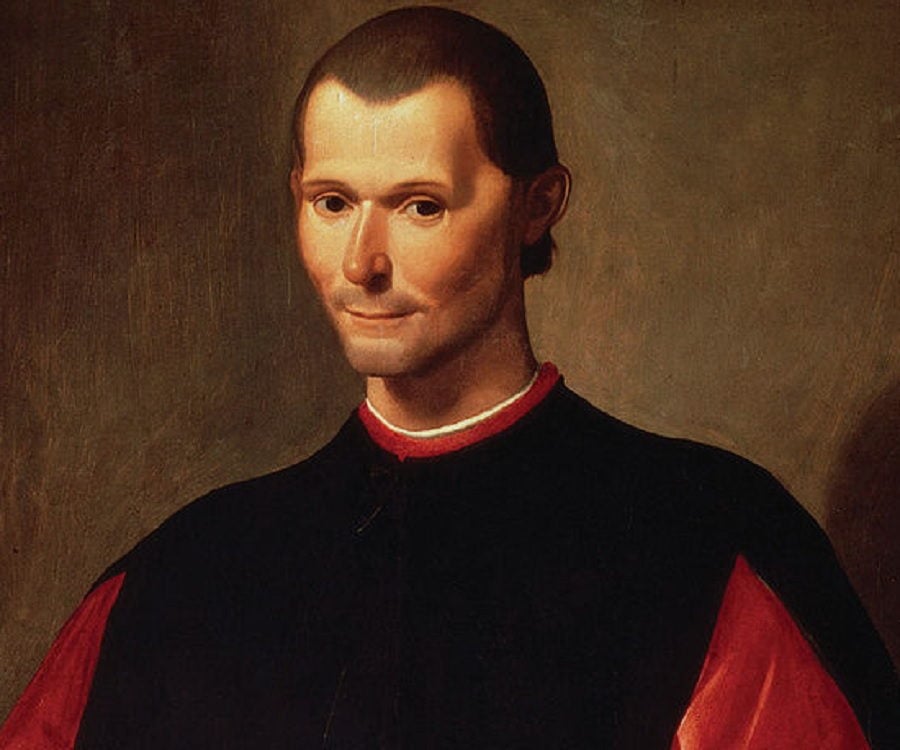
Charlie Munger echoes these sentiments, “In my whole life, I have known no wise people (over a broad subject matter area) who didn’t read all the time-none. It’s also why I make friends with the eminent dead and try to learn from their wisdom. This is why I read hundreds of books a year. It’s the best way to learn how the world really works, as you can let time be your filter. Reading is the best way to gain insights and develop understanding. And for the space of four hours I feel no boredom, I forget every pain, I do not fear poverty, death does not frighten me.

There I am not ashamed to speak with them and to ask them the reason for their actions and they in their humanity reply to me. At the door I take off my clothes of the day, covered with mud and mire, and I put on my regal and courtly garments and decently reclothed, I enter the ancient courts of ancient men, where, received by them lovingly, I feed on the food that alone is mine and that I was born for. When evening has come, I return to my house and go into my study. In this December 1513 letter to Francesco Vettori, a friend of Machiavelli’s and the then Florentine ambassador in Rome, Machiavelli introduces us to his enthusiasm for reading.

Unbeknownst to most people, however, Machiavelli also had a softer side. Based on force and ruthlessness, Machiavelli offered advice on how to get and keep power.

Niccolò Machiavelli (1469-1527) offered ruthless advice in his timeless classic The Prince, which was inspired on Xenophon’s Cyrus The Great: The Arts of Leadership and War.


 0 kommentar(er)
0 kommentar(er)
